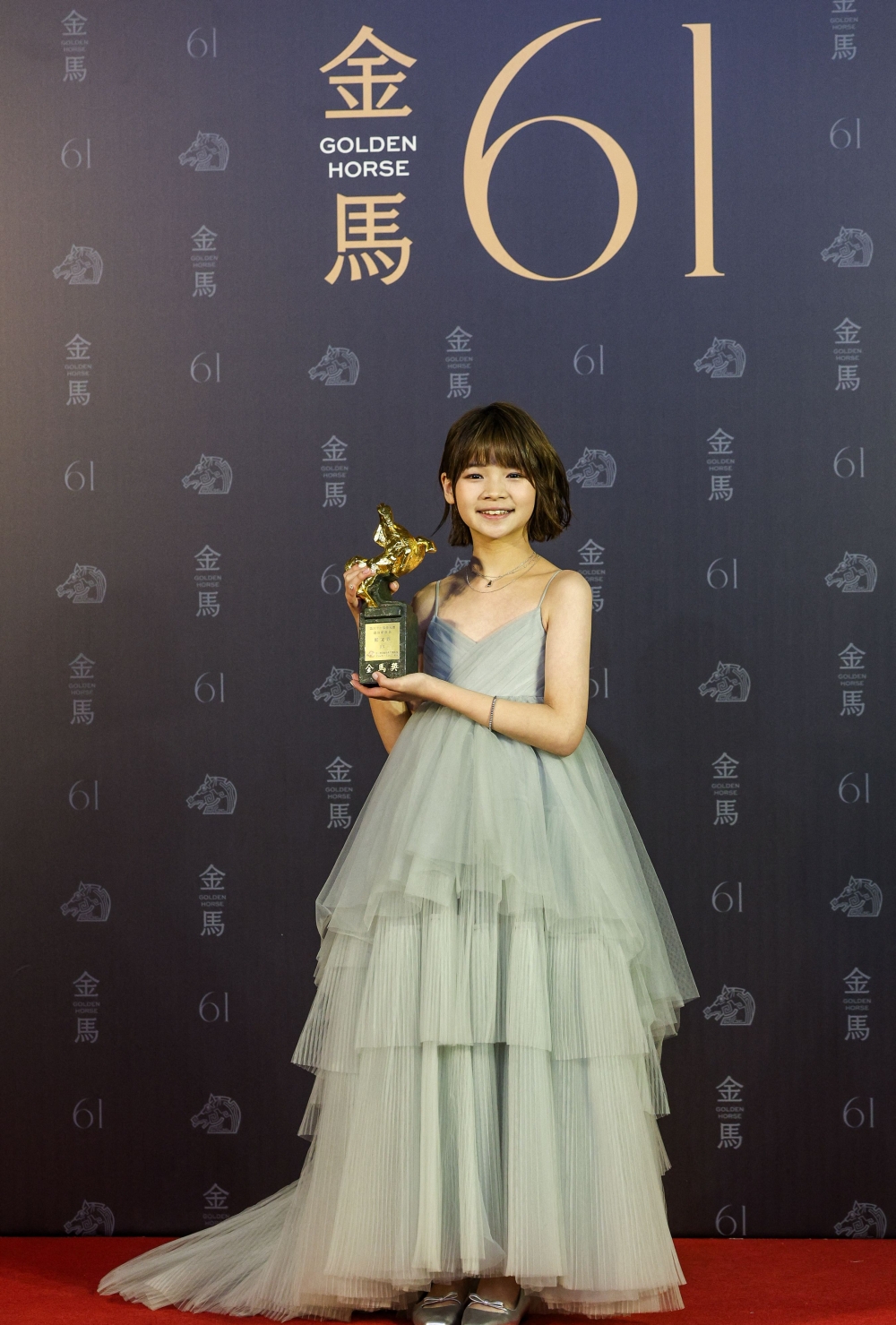TAIPEI, Nov 24 — A Chinese film set during the Covid-19 pandemic won the top prizes in Taiwan’s prestigious Golden Horse Awards, which saw the highest number of entries from China in recent years despite political tensions.
Beijing banned its entertainers from joining Golden Horse — dubbed the Chinese-language “Oscars” — in 2019 after a Taiwanese director voiced support for the island’s independence in an acceptance speech in 2018.
China claims Taiwan as part of its territory, which the Taipei government rejects, and Chinese A-listers and big commercial productions have largely avoided the event ever since.
Despite the sensitivity of the awards, more than 200 Chinese films entered this year’s competition, which Taiwan’s Mainland Affairs Council (MAC) said was the highest number in “recent years”.
Acclaimed Chinese filmmaker Lou Ye was awarded best director late last night for his docu-drama An Unfinished Film, which was also named best picture.
Lou was absent from the ceremony but his wife Ma Yingli read his acceptance speech, describing the film set during China’s lockdown of Wuhan in the earliest stages of the pandemic as “the most special directing job I have ever done”.
Chinese actor Zhang Zhiyong, who also did not attend the awards, won best actor for his performance in Chinese director Geng Jun’s same-sex drama Bel Ami.
Taiwanese actors Shih Ming-shuai and Yang Kuei-mei pose after winning best supporting roles, at Taiwan’s 61th Golden Horse film awards ceremony in Taipei November 23, 2024. — AFP pic
Hong Kong’s Chung Suet-ying was named best actress for her role in The Way We Talk, which is about the deaf community.
Neither Bel Ami nor An Unfinished Film has been released in China.
Ahead of the awards, MAC spokesman Liang Wen-chieh told reporters that these films “may not be able to be screened in mainland China, but they still hope to have a free platform to participate and express themselves”.
“We welcome (them) very much,” he said.
‘Work of conscience’
After several years absence, Chinese stars began trickling back to the awards in Taipei last year, with actress Hu Ling the first to grace the red carpet since the ban.
Yesterday, Geng Jun and some of his cast were among the few Chinese entertainers to join stars and filmmakers from around the region, including Taiwan, Hong Kong, Singapore and Japan, on the red carpet.
While Geng missed out on best director and best picture, his film Bel Ami won the awards for best cinematography and best film editing.

Taiwanese actress Feifei Cheng poses after winning the best new performer, at Taiwan’s 61th Golden Horse film awards ceremony in Taipei November 23, 2024. — AFP pic
Despite political tensions, Golden Horse remained a stage for independent Chinese films that have no distribution space on the mainland, Taiwanese film critic Wonder Weng told AFP.
“This spirit remains unchanged. I think the Golden Horse Awards have always insisted on being the benchmark” that is open to all subjects, said Weng, who is a board member of Taiwan Film Critics Society.
Weng said An Unfinished Film by Lou, who has previously taken on forbidden subjects such as gay sex and the 1989 Tiananmen protests, was “a work of conscience”.
Lou’s latest offering is about a film crew trying to resume shooting a movie during the Covid-19 pandemic in Wuhan, as the city was placed in an unprecedented lockdown.
“Lou put images that are banned or blocked into his work and reminds us that there is a director who is willing to preserve historical images for us to see… and let us know there is a different voice,” Weng said. — AFP








